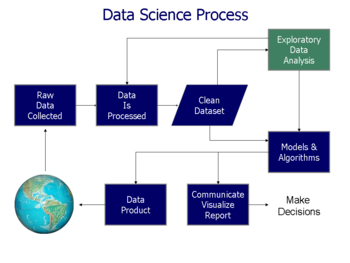It reported on a spirit of cross-professional collaboration as more than two dozen invited healthcare leaders gathered June 17-19 at the 2015 HealthLeaders Media Population Health Exchange at The Park Hyatt Aviara, in Carlsbad, Calif.
One of the speakers, Andrew L. Masica, M.D., noted: “We’ve had a fair amount of success using analytics to help with readmission reduction work.” He is vice president and chief clinical effectiveness officer at Baylor Scott and White, in Dallas.
“The tool in use classifies patients as having certain risk levels.Those who are categorized as high-risk for readmission during their hospital stay get a comprehensive care coordination intervention and, in many patients greater than age 65, home visits from a nurse practitioner to help with the transitional period following discharge. Medium- and lower-risk patients receive lesser degrees of intervention, for example, phone follow-up, tailored to meet any specific identified needs.”
Data analytics has also helped to provide fiscally responsible care, Dr. Masica said.
“That’s been a very efficient way to manage resources. The nurse practitioner model for transitional care has been shown to be effective but can be resource-intensive from a hospital operational standpoint.”
While there is value in numbers, however, Masica explains that the benefits of analytics can only be had if the numbers are strong. “Too much information, particularly if delivered in the wrong fashion, isn’t helpful and can sometimes be harmful.”
“When you talk about population health and you limit the conversation to data analytics — that’s just the tiniest sliver of that solution,” says Alan Pitt, M.D., professor of neuroradiology at Dignity Healthcare in Phoenix. “I think there’s a big role for the objective EHR data, but also [for] the subjective data … that would be more relevant to something of a solution.”




